- Description
- Reviews (0)
- More Offers
- Store Policies
- Enquiries
Description
CONTEXT
According to the Shona people, Gano, also known as humbwa or tsomho, is a cultural and utility axe. It is smaller and lighter than the normal axe. The gano is very popular during cultural festivals or religious ceremonies as it comes handy during accompanying dances. It served as a symbol of cultural and spiritual prestige. (The Patriot).
* Ellert 1984 p37-39
“[T]he humbwa or gano … was much used for defence and hunting. The hunting of elephants by men armed with the gano is vividly reported upon by early Portuguese chroniclers ….
“The gano or battle axe can be divided into two separate types[;] the first is the large semi-circular bladed weapon (ruwe) where the axe head is attached to the handle (manyenza) as pictured in the illustrations. The central metal stem is often decorated with cross-hatching and other designs during manufacture. Of this type, some are more sturdy than others according to the intended purpose. Gano used for elephant hunting is very strong and durable and looks practical and effective.
“The second type of gano appears to be more symbolic or decorative. Whatever the case, many of these weapons are extremely fine pieces of craftsmanship. The gano handle (manyenza) is made from carefully selected fine grain dark or black wood. They are well balanced and often decorated with brass or copper wire. Centuries ago this would have been gold wire. The blades were often inscribed with cross-hatching combining with the rest to produce a truly splendid work of art. Gano of this type generally measures some 50 cm in length with the steel blade some 8 cm to 20 cm from point to point.
[…] “The large semi-circular bladed gano is normally carried slung across the right shoulder of the man while he walks in an area where he might meet trouble. Otherwise, the weapon will be slung across the opposite shoulder — of course depending upon whether he is right or left-handed.”
* Spring 1993 p135
“The battleaxe, gano, … has become, in more recently made ornamental versions, the identifying mark of the Shona spirit medium, mhondoro, whose duty is to protect the chief and his family. Ritual specialists, nganga, also carry this axe. More broadly, the gano symbolises the legitimate ownership of the land and is therefore used in modern ceremonies to denote the [Zimbabwe] nation’s independence.”
DESCRIPTION
Cleaned original Shona prestige sceptres from the 19th Century. Cleaned blades vividly show intricate detail of the superb workmanship.
NEHANDA STYLE ORIGIN/PROVENANCE
- Acquired in the UK from a private collection. Most likely brought home to England in the 1890s with some returning soldier as a memento of his African war experience.
- Most likely for a female chief / traditional leader.
- Design symbolically represents links to female ancestral origin or totem
BLADE WORK & WIREWORK
- Cleaned blade to show detail
- Very good condition considering age
WOOD
Handles of axes of this type are generally fragile and require extra handling care.
CONDITION
The blade has been polished/cleaned in good condition overall.
HC NEHANDA STYLE
Shona – Mbuya Nehanda Style
Ref.:
British Museum Registration number: Af1954,+23.2828
https://www.britishmuseum.org/research/collection_online/collection_object_details.aspx?objectId=472919&partId=1&searchText=axe+africa&images=true&page=7
Lit.: Carl Gösta Widstrand: African Axes (1958); pg. 83,84, fig. 226
Contact us if you have any questions
Be the first to review “Rare 19th Century Shona Prestige Scepters – Nehanda Style”
You must be logged in to post a review.
General Enquiries
There are no enquiries yet.

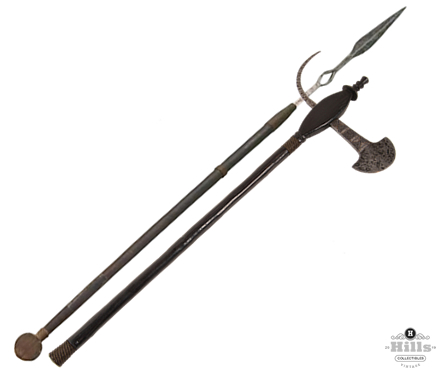
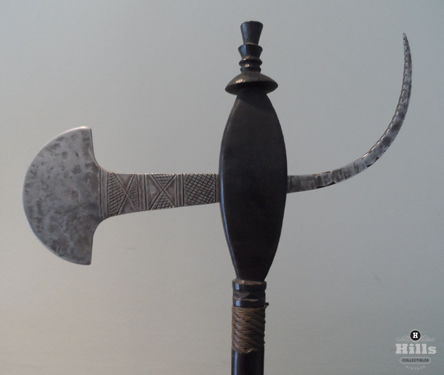
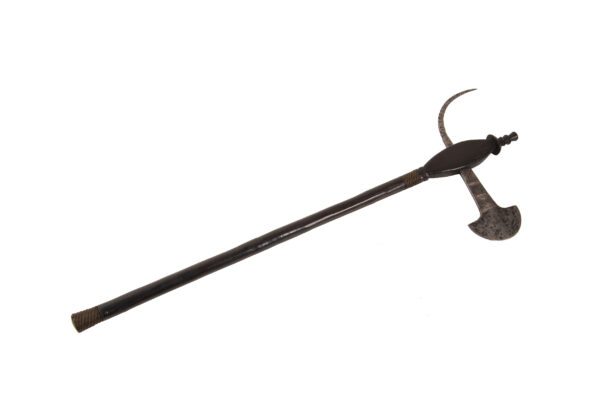

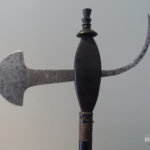
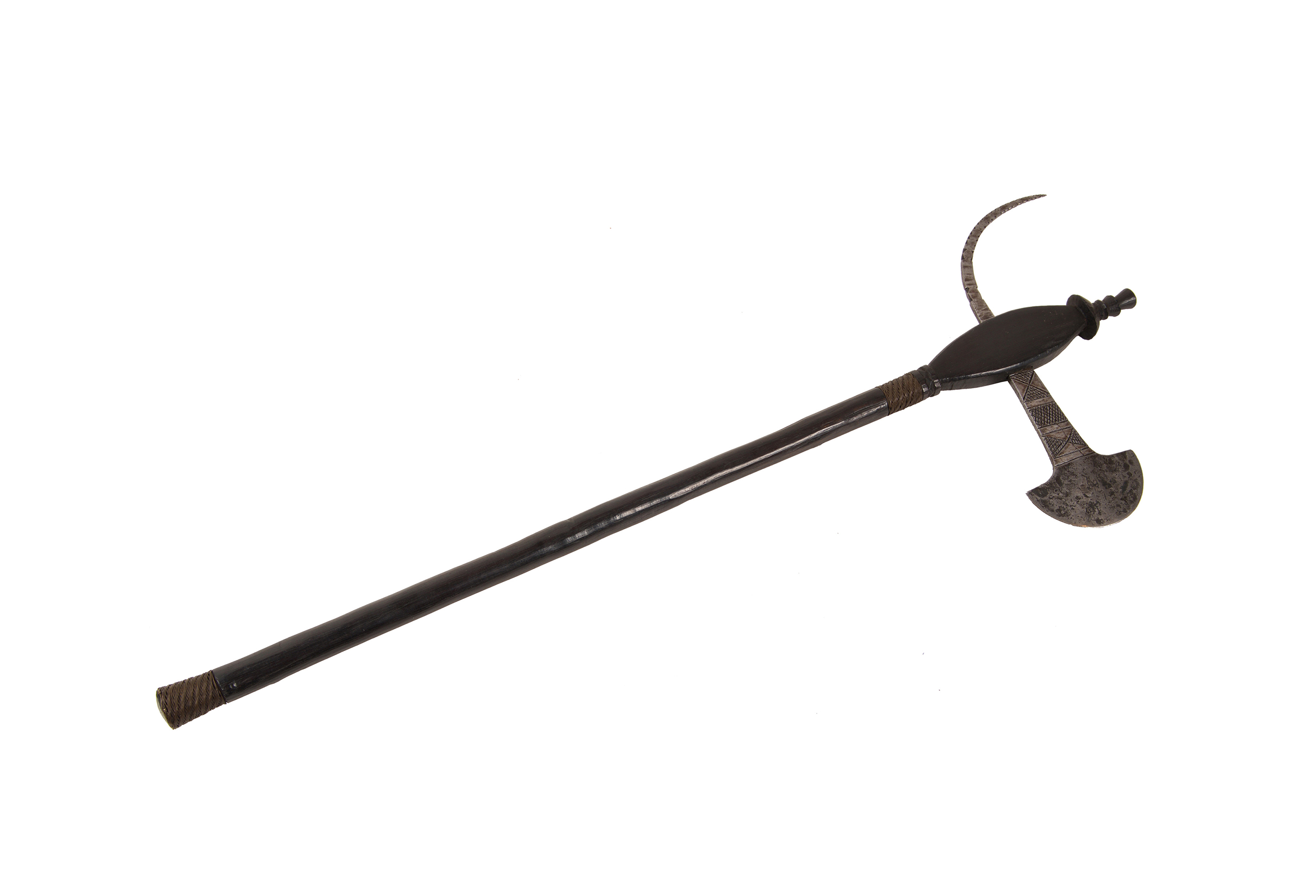
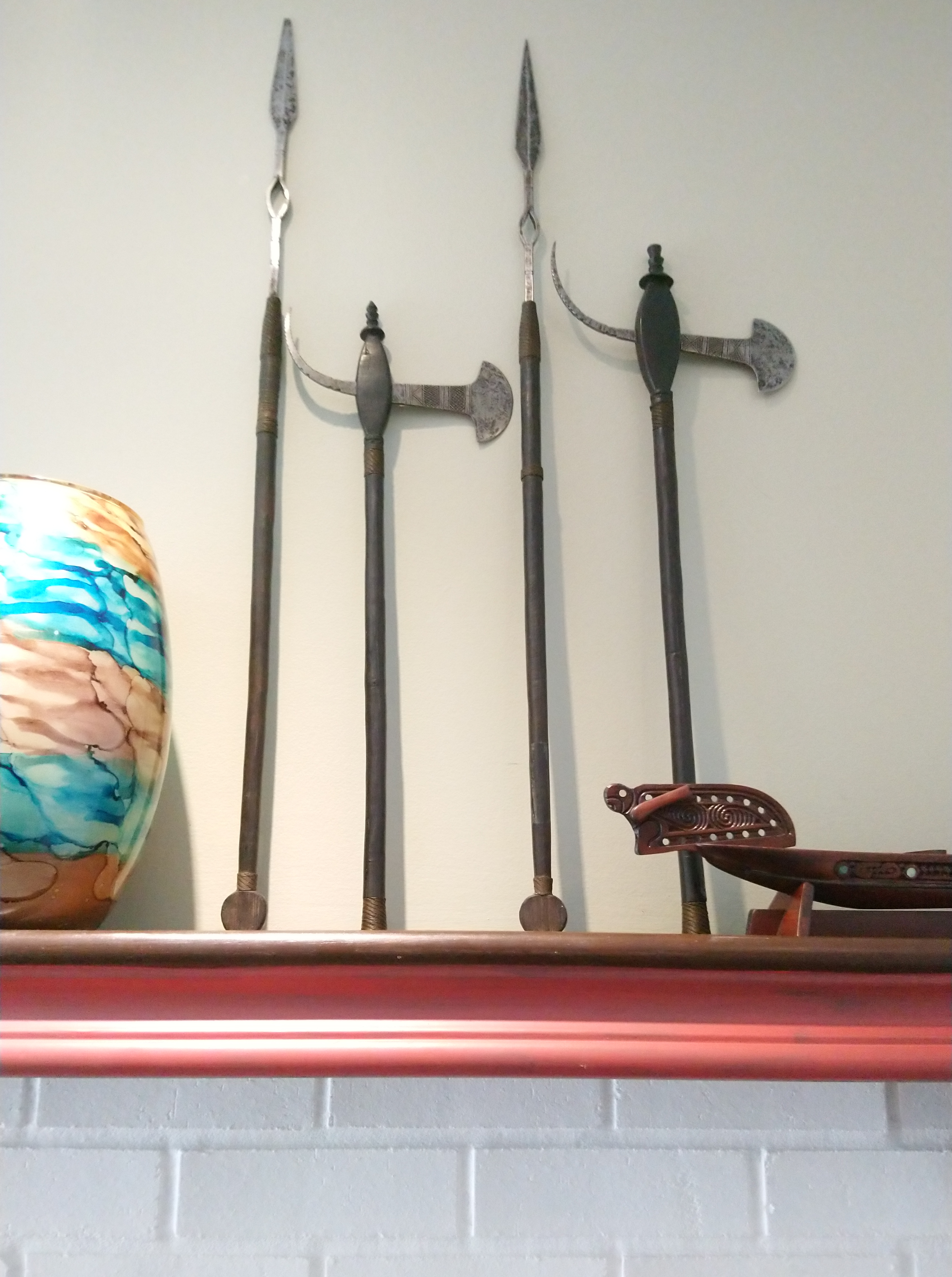
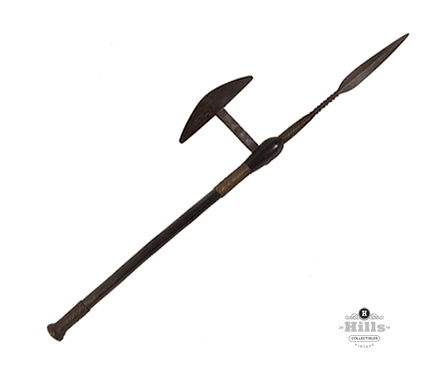
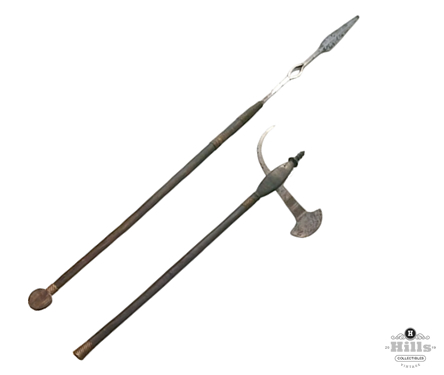
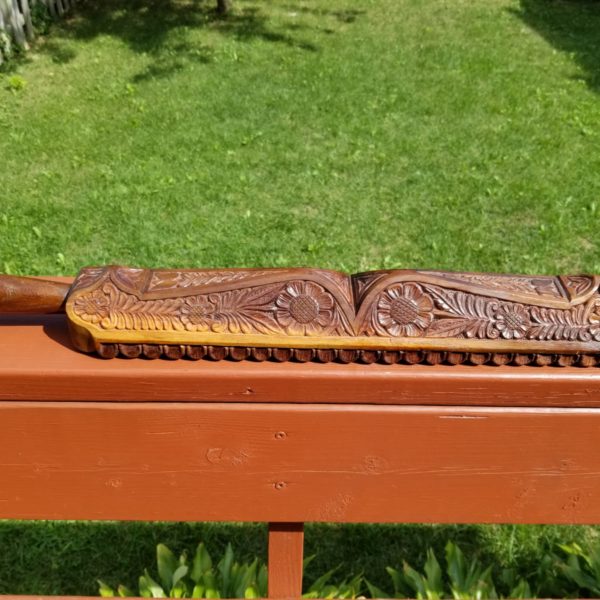
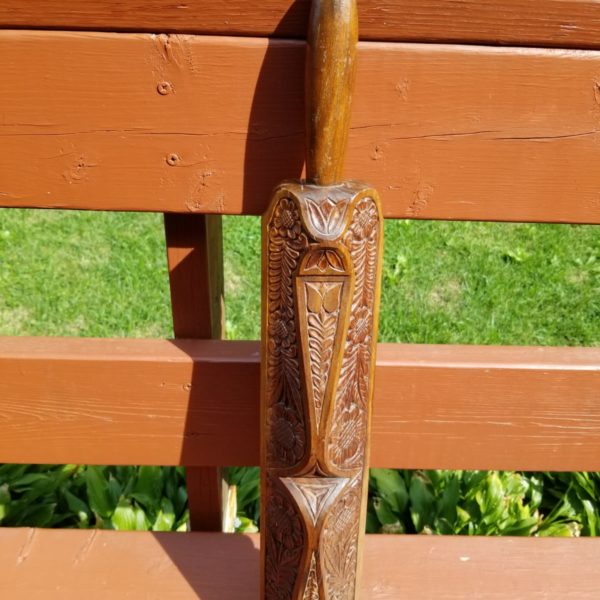
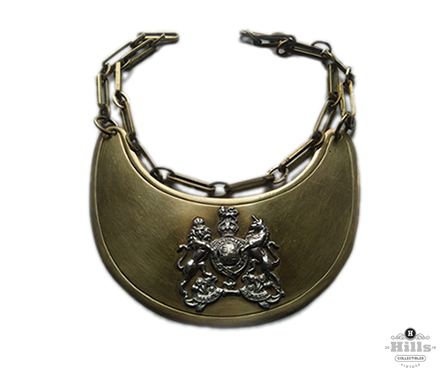

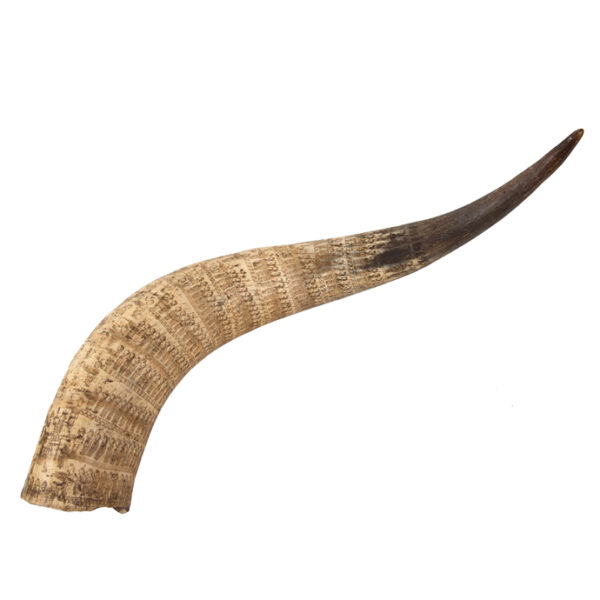
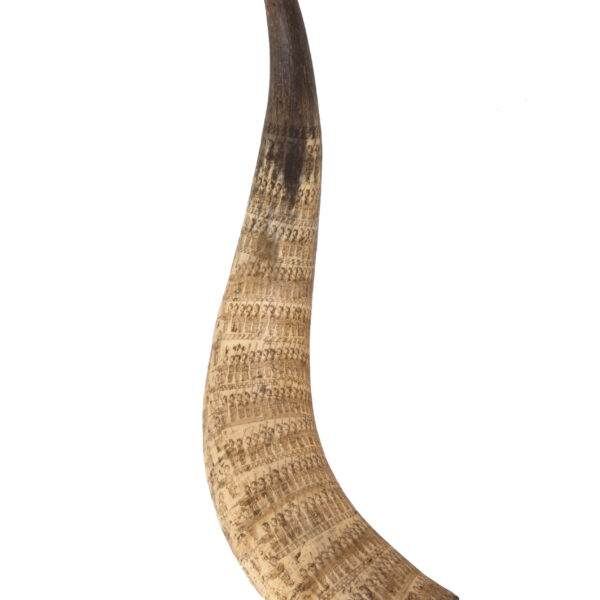
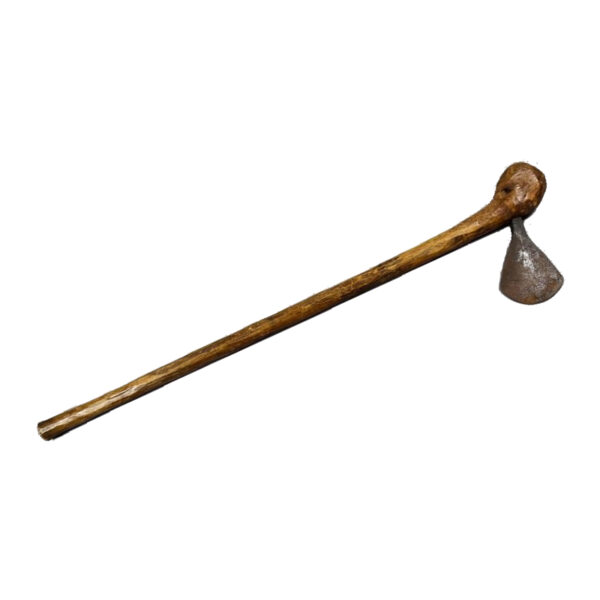
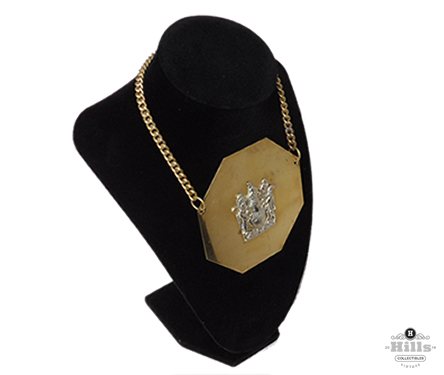
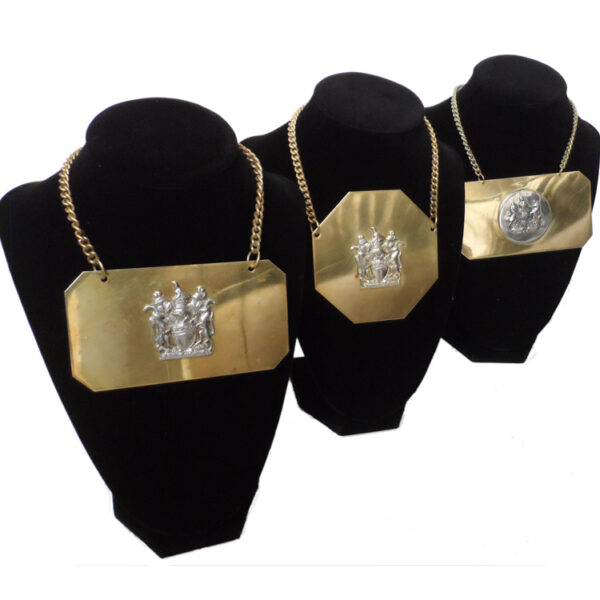
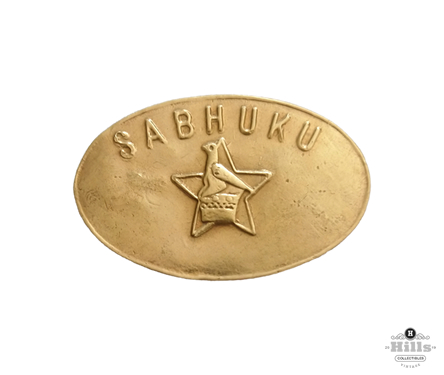
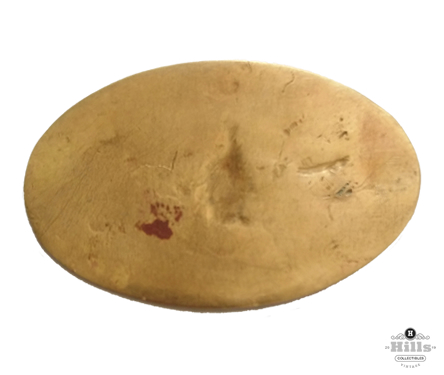
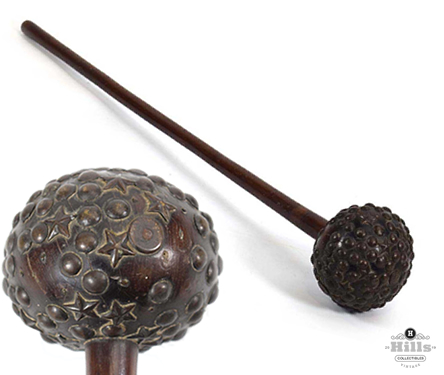
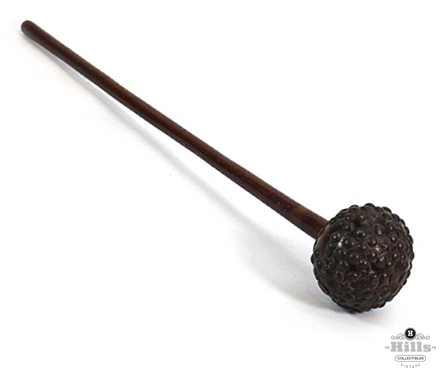
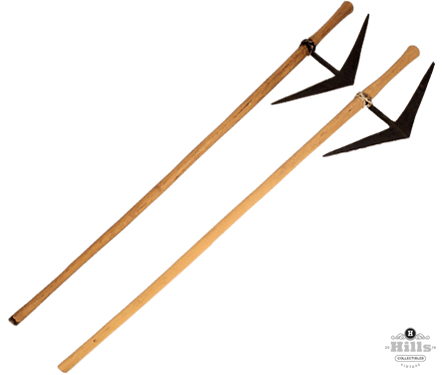
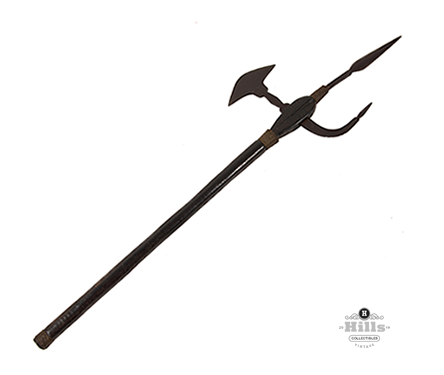
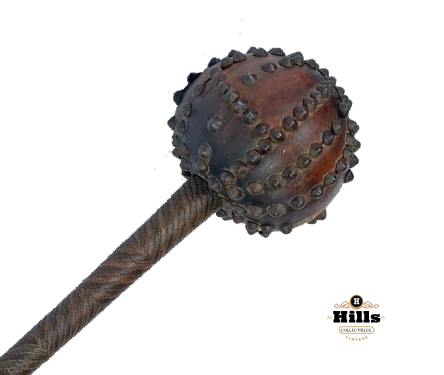
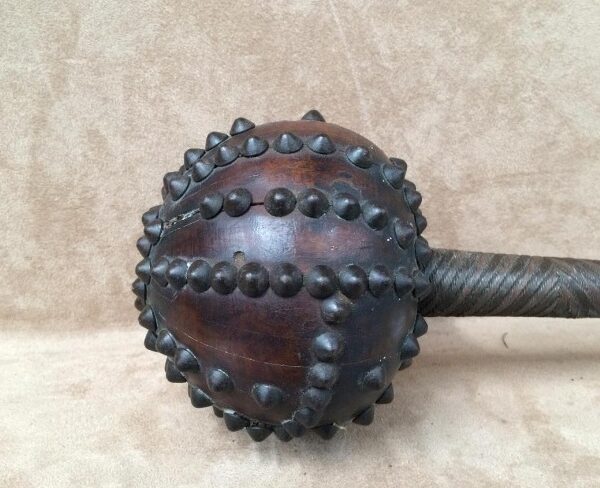






















Reviews
There are no reviews yet.